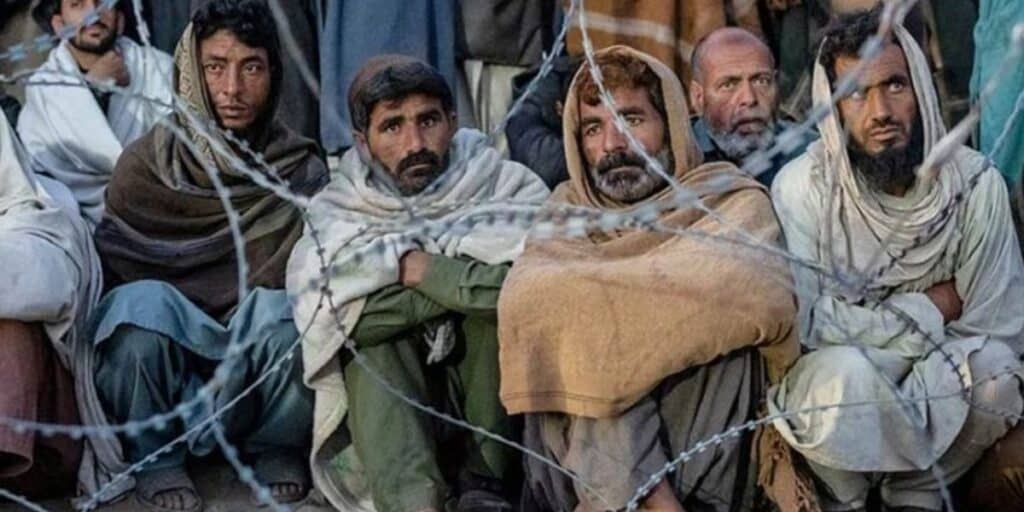CHAMAN: A large-scale operation to identify and repatriate Afghan refugees residing illegally in the border city of Chaman has been intensified by the district administration. The crackdown involves daily, door-to-door verification of documents and identities across different areas of the city .
The operations are being conducted by the Levies Force under the leadership of Assistant Commissioner (Sadr) Chaman, Imtiaz Ali Baloch. The teams are actively searching for Afghan nationals who lack legal permission to stay in Pakistan. Those found without valid documentation are being issued orders to leave the country within three days .
Assistant Commissioner Imtiaz Ali Baloch confirmed that these measures are being taken in light of the federal government’s instructions to ensure the rule of law in the country. The administration has stated that the objective of these operations is to facilitate the process of identifying illegally residing individuals and sending them back voluntarily . The district administration has stated that these operations will continue in the coming days to ensure compliance with immigration laws .
This crackdown is part of a wider, nationwide drive that has been ongoing, resulting in hundreds of thousands of Afghan nationals crossing into Afghanistan through the Chaman border.
Also read: Federal govt orders closure of Afghan Refugee camps in Balochistan
The federal government has issued a formal notification for the closure of Afghan refugee camps in Balochistan, indicating a vital policy decision in order to address long-standing national security and socio-economic concerns.
In this regard, the decision, explained as both historic and in the national interest, directs that all refugee camps across the province be dismantled.
The land and assets of these facilities will be handed over to the Government of Balochistan for future use.
In this sense, the government officials focused on the fact that the move indicates the state’s commitment to sovereignty, security, and the protection of local communities.
Furthermore, the presence of Afghan refugee camps in Balochistan has been a subject of debate and concern for decades, with consistent calls from political leaders, tribal elders, and civil society for their closure.
In addition, the federal government further clarified that the transition of camp properties to the provincial authorities will be carried out in an orderly and legal manner.
This transfer is expected to open opportunities for local development projects, land management initiatives, and improved security mechanisms in affected areas.
Meanwhile, the closure of the camps also signals a shift in federal refugee policy, aligning with regional security imperatives.





